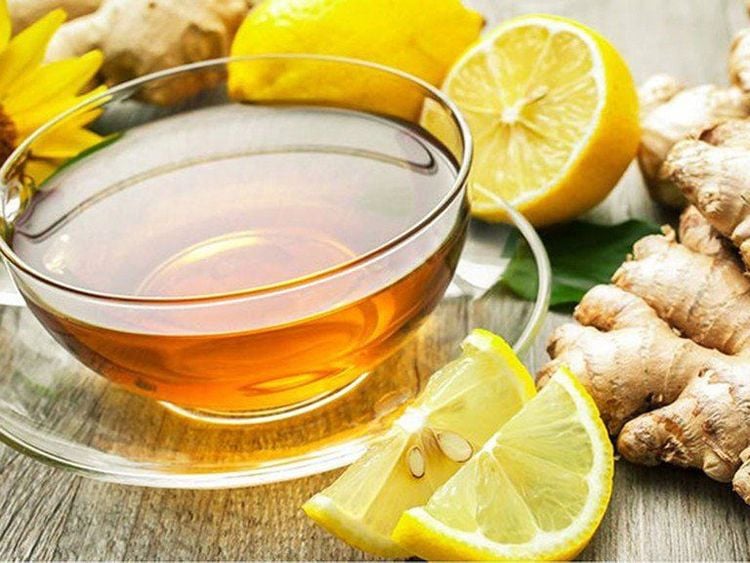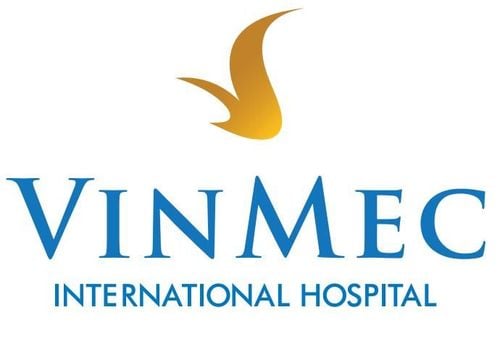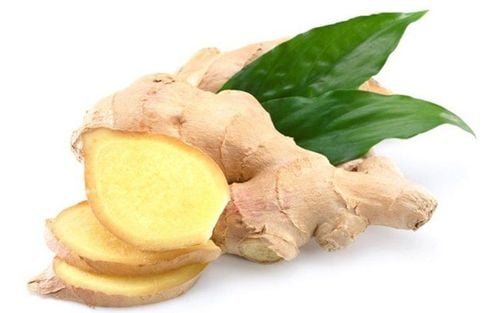This is an automatically translated article.
The article was written by MSc Mai Vien Phuong - Head of Gastrointestinal Endoscopy Unit, Department of Medical Examination & Internal Medicine - Vinmec Central Park International General HospitalCertain home treatments can help relieve some of the symptoms associated with lung cancer and the side effects of treatment. Ask your doctor if you should take supplements and, if so, which ones. Certain herbs, plant extracts, and other home remedies can interfere with treatment and jeopardize your health. Remember to discuss all complementary therapies with your doctor to make sure they are safe for you.
1. Home Treatments

Massage: With a qualified therapist, massage can help relieve pain and anxiety. Some massage therapists are trained to work with people with cancer. Acupuncture: When performed by a trained doctor, acupuncture can help relieve pain, nausea, and vomiting. But it is not safe if you have a low blood count or take blood thinners. Meditation: Relaxation and reflection can reduce stress and improve overall quality of life in cancer patients. Hypnosis: Helps you relax and can help with nausea, pain, and anxiety. Yoga: Combining breathing techniques, meditation, and stretching, yoga can help you feel better overall and improve sleep. Some people with cancer turn to cannabis oil, which can be infused with cooking oil to be sprayed in your mouth or mixed with food, or vapors that can be inhaled. This can reduce nausea and vomiting and improve appetite. Human studies are lacking, and cannabis oil use laws vary from state to state.
2. Dietary recommendations for people with lung cancer

Here are some dietary tips:
Eat whenever you crave. If you don't have an appetite, try eating several small meals throughout the day. If you need to gain weight, add low-sugar, high-calorie foods and drinks. Use mint tea and ginger tea to soothe your digestive system. If your stomach is easily upset or you have mouth sores, avoid spices and bland foods. If constipation is a problem, add plenty of fiber-rich foods. >>> Lung cancer foods
As you progress through your treatment, your tolerance to certain foods may change. So maybe your side effects and nutritional needs. You should discuss your diet regularly with your doctor. You can also ask for a referral to a dietitian or dietitian.
No diet is known to cure cancer, but a balanced diet can help you fight the side effects and feel better.
Please dial HOTLINE for more information or register for an appointment HERE. Download MyVinmec app to make appointments faster and to manage your bookings easily.
References:Lung cancer prevention and early detection. (n.d.). cancer.org/cancer/lungcancer-non-smallcell/moreinformation/lungcancerpreventionandearlydetection/lung-cancer-prevention-and-early-detection-signs-and-symptoms Lung cancer. (2018). lung.org/lung-health-and-diseases/lung-disease-lookup/lung-cancer/ Malignant mesothelioma. (n.d.). cancer.org/cancer/malignant-mesothelioma.html Mayo Clinic Staff. (2018). Lung cancer. mayoclinic.org/diseases-conditions/lung-cancer/basics/alternative-medicine/con-20025531 Integrative care. (n.d.). cancercenter.com/integrative-care Khasraw M, et al. (2010). Neurological complications of systemic cancer. DOI: 10.1016/S1474-4422(10) 70220-9














